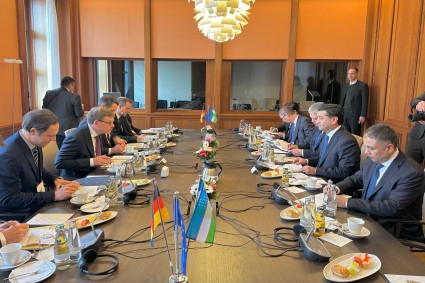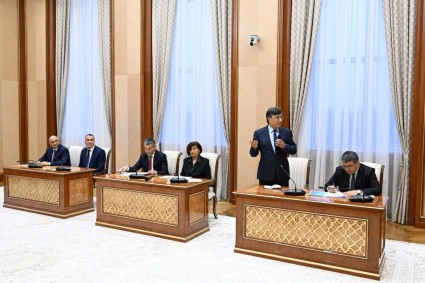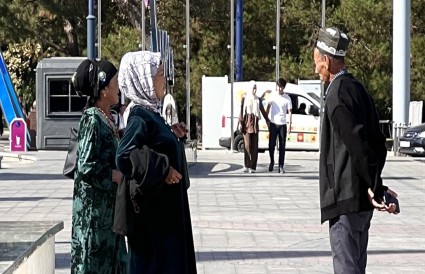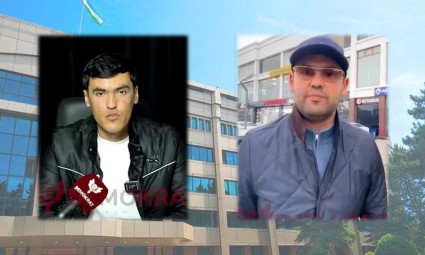The Asian Women's Forum held in the city of Samarkand, Uzbekistan on May 13, showcased a profound commitment to advancing the economic, social, and political rights of women across the region. With distinguished guests, including governmental officials, representatives of international organizations, and advocates for women's empowerment, the forum provided a platform for dialogue, collaboration, and actionable strategies.
The speech delivered by Dr. Amina Al Hajri, representing Hissein Brahim Taha, the Secretary General of the Organization of Islamic Cooperation (OIC), highlighted the critical importance of regional cooperation in addressing women's issues. Dr. Al Hajri expressed gratitude to the Government of Uzbekistan and UN-Women for organizing the event and emphasized the OIC's commitment to promoting gender equality and women's empowerment. She underscored the OIC's efforts, including the establishment of the Women Development Organization (WDO) and initiatives such as the OIC Prize for Women Achievements, aimed at recognizing and supporting the contributions of women in OIC Member States.
Moreover, the speech emphasized the need to prioritize women's access to quality education, particularly in science, technology, engineering, and mathematics (STEM) fields. Despite significant progress, gender disparities persist in STEM education and employment. The OIC has taken proactive steps to address these challenges, including adopting resolutions promoting STEM education for women and organizing webinars to exchange knowledge and experiences among Member States.
Furthermore, Ms. Tatiana Valovaya, the United Nations Under-Secretary-General, echoed the sentiments expressed at the forum, emphasizing the integral role of gender equality in achieving sustainable development. She highlighted the disproportionate impact of global crises on women and girls and underscored the urgent need for action to address gender disparities. Ms. Valovaya called for collective efforts to challenge patriarchal mindsets and promote women's participation in decision-making processes, citing examples of progress in international politics and diplomacy.
In light of the discussions at the forum, several recommendations emerged to strengthen regional cooperation and advance women's rights:
- Facilitating and improving workplace culture and conditions, including addressing hostile environments, lack of career advancement, and pay gaps.
- Revisiting Key Performance Indicators (KPIs) to align with the needs of women in STEM, including flexible working hours and recognition of women's achievements.
- Encouraging women's participation in STEM occupations through family support, flexible hours, and preferences.
The Asian Women's Forum 2024 served as a catalyst for action, bringing together diverse perspectives and expertise to address the complex challenges facing women across the region.














